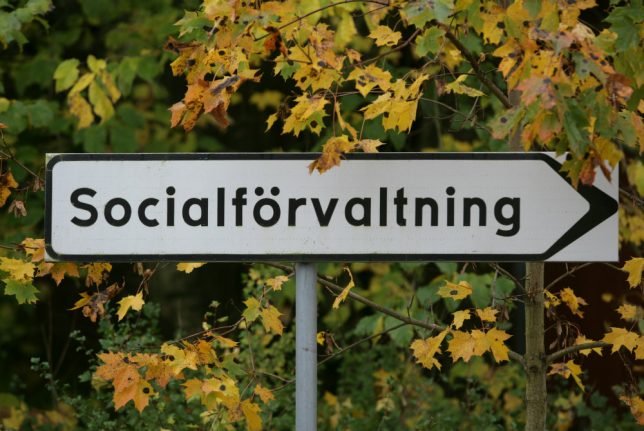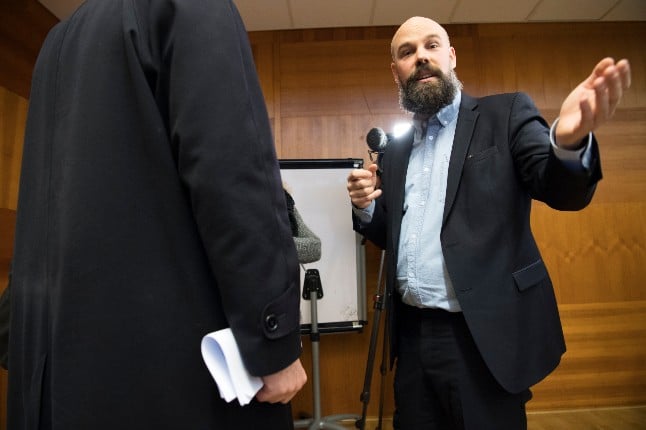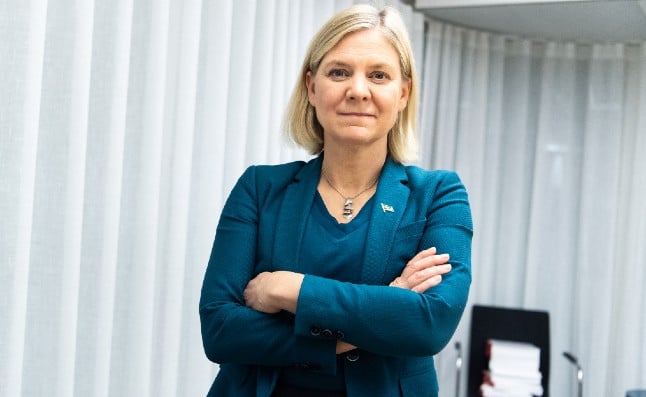National responsibility must be taken over the issue, says the head of the focus group, which has studied payments made by the welfare system.
The focus group, which was appointed by the Ministry of Finance, was assigned to analyze 13 different welfare systems in the country. It is chaired by Sven-Erik Österberg, county governor in Stockholm and a former junior finance minister with the Social Democratic party.
The aim of the ministry-appointed group is to help reduce errors and misuse within the welfare systems by finding ways to ensure payments are correct and go only to those they are intended for.
Authorities responsible for payment, inspection and tribunal are represented in the group.
According to an article written by Österberg for Dagens Nyheter’s comment page, 4.7 percent of welfare payments are incorrect and young Swedes are more relaxed about breaking rules than older elements of the population.
“We estimate that around 75 percent of errors are caused by the applicants. These errors primarily consist of incorrect information provided at the time of application, or are due to changed circumstances which have not been reported,” he wrote.
The focus group has concluded that in contrast to taxation, where audits are made to in an effort to prevent fraud, there is a lack of clear control or collective accounting with regard to welfare crimes.
“Our conclusion is that a mechanism needs to be established that will provide an overall national responsibility for the work to counteract incorrect payments,” Österberg wrote.
READ ALSO: 900 million kronor paid out in error to 'vabbing' parents: report




 Please whitelist us to continue reading.
Please whitelist us to continue reading.
Member comments